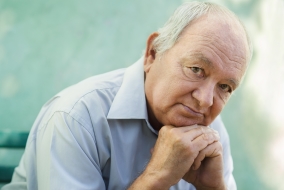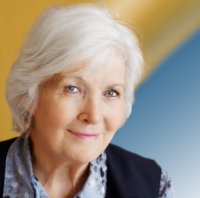
Submitted by James Don….
 Singapore’s ever aging population is increasingly relying on physiotherapy Singapore treatments to maintain both their physical and mental health. While most of us associate physiotherapy with the recovery of range of movement, it can also have a profound positive impact on the mental health of the elderly. In this article, we will be exploring both aspects of physiotherapy’s health benefits.
Singapore’s ever aging population is increasingly relying on physiotherapy Singapore treatments to maintain both their physical and mental health. While most of us associate physiotherapy with the recovery of range of movement, it can also have a profound positive impact on the mental health of the elderly. In this article, we will be exploring both aspects of physiotherapy’s health benefits.
Commonly Known Physiotherapy Treatments
A physio evaluates the condition of the elderly before providing instruction and manual therapy. This could involve ice or heat packs, gradual workouts and guidelines for performing simple exercises at home to retain flexibility and strength.
Hands on treatment may involve massage therapy, muscular tissue stretches and joint glides of numerous qualities. Various other treatments entail electro-physical agents such as healing ultrasound or dry needling, which is similar to acupuncture.
Treatment in modern physio is directed by research and by person end results and will commonly be significantly distinct for any two people. And it doesn’t always have to hurt!
Aiding mental health conditions
Physical rehabilitation plays a vital duty in the management of individuals with severe neurological impairments who have challenging behavior.
 Usually the physical troubles will require rehab and physio therapists with specialist psychological wellness skills and understanding will be gotten in touch with to assist build treatment programs.
Usually the physical troubles will require rehab and physio therapists with specialist psychological wellness skills and understanding will be gotten in touch with to assist build treatment programs.
Physiotherapy knowledge is specifically important for the raising elderly population with mental disease or mental deterioration, the majority of whom will be taken care of by a family member in their very own residence.
Lots of older people with mental deterioration discover they are unable to gain access to mainstream community services.
They are best offered by medical professionals who currently recognize them and understand their illness as part of an expert psychological health and wellness group.
Help with Parkinson’s
Physical rehabilitation plays a necessary role along with the broader health care group to maintain function and lifestyle for people dealing with Parkinson’s.
The function of the Physiotherapist in stages one and 2 entails education, both to the individual with Parkinson’s and their caregivers. It entails embarking on evaluations of toughness, balance and function, and presenting big amplitude workouts into their every day. Walking is the very best thing that can be done!
Recuperation from stroke or paralysis
Physiotherapy uses low-tech, home-based approaches to rehabilitating stroke people and helping them walk again. Studies reveal that these strategies can be just as reliable as specialized treadmill exercise done in a rehab centre. Scientists say that even if patients do not begin physical rehabilitation immediately after having a stroke, it can be very valuable provided that there is a steady magnitude and frequency in the practice. In the study, even patients who began physical rehabilitation 6 months after having a stroke showed great improvement.
